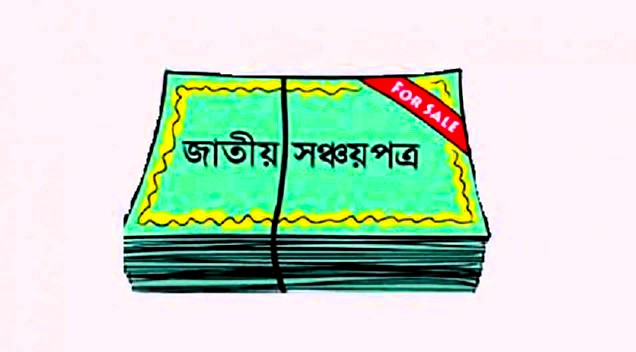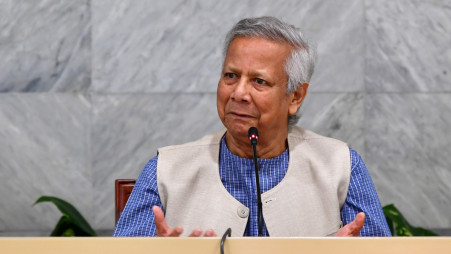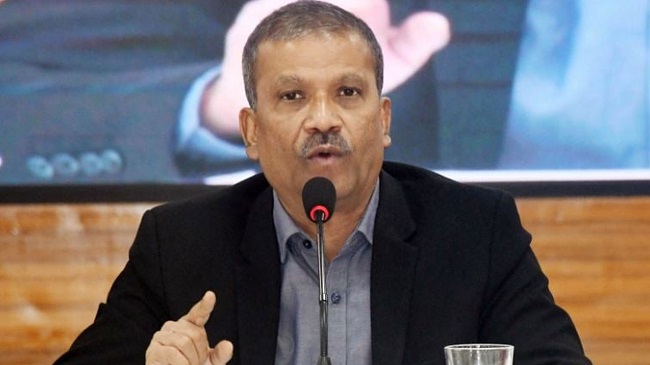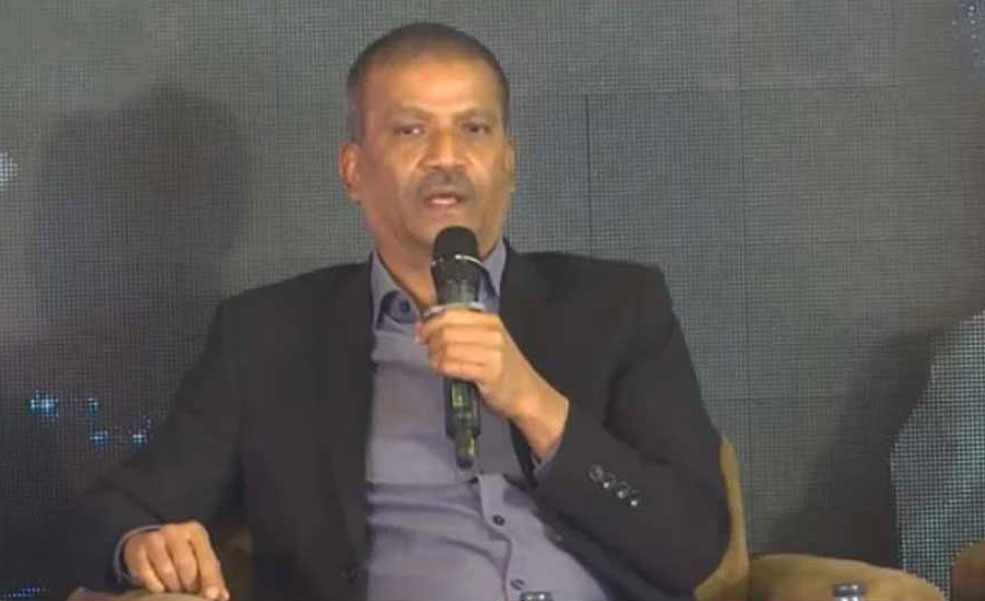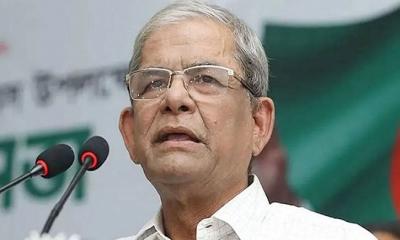Investments in savings certificates have been picking up in comparison to the low-interest rates offered by banks, lack of trust in non-banking financial institutions and the volatility of the stock market.
There is a general lack of investor confidence in the business sector in anticipation of the upcoming election.
Another deterrence from traditional investment avenues is the high registration costs for flats and plots (although there has been a recent reduction in registration fees for these properties), there is an increased security risk associated with keeping money at home.
These factors are driving people to once again invest their hard-earned money in savings certificates for FY24.
During the months of July and August, more savings certificates were purchased than redeemed. According to the latest provisional data from the Bangladesh Bank, the net sales of national savings certificates surged to Tk5,562.13 crore in July and August, a significant increase from Tk401.2 crore during the same period in FY23.
In other words, the net investment of certificates has increased almost 14 times or Tk5,160.93 crore in these two months.
Data analysis revealed that, In the first month of the financial year, July, a net amount of Tk3,249.8 crores came from savings certificates.
The net sales in the same month of the previous year were Tk392.4 crore. This means, compared to the same month of the previous year, the net sales have increased more than eight times.
In August of this year, a net of Tk2312.33 crore savings certificates were sold. In the same month last year, the net sales of saving certificates was Tk8.08 crore.
The net sale of savings certificates is what remains after paying the interest and principal on the savings certificate sold previously.
Requesting anonymity, a Bangladesh Bank official told Dhaka Tribune that saving certificates' interest rates are higher than the bank's deposit. Hence people are more interested in investing in saving certificates.
Apart from this, many people consider saving certificates investment more secure than other sectors ahead of the election, he also added.
The net National Saving Certificate (NSC) sales were Tk3,295 crore negative in FY23 compared with that of Tk19,915.75 crore positive in FY22.
Declining investment in savings certificates is often considered good for the government because in economic terms, the net sale of savings certificates is considered a loan or the government's internal borrowing.
The proceeds of the sale are put into the government treasury and utilized to fund state development.
In exchange, investors in savings certificates must pay earnings every month.
As a result, the Ministry of Finance sets a target for government borrowing from this domestic borrowing source in the budget each year.
However, in a recent report by Bangladesh Bank, they advised the government to borrow from savings certificates instead of the banking sector.
In the FY24 budget, the government has cut the target of borrowing from the saving tools by 48.57% year-on-year to Tk18,000 crore.


